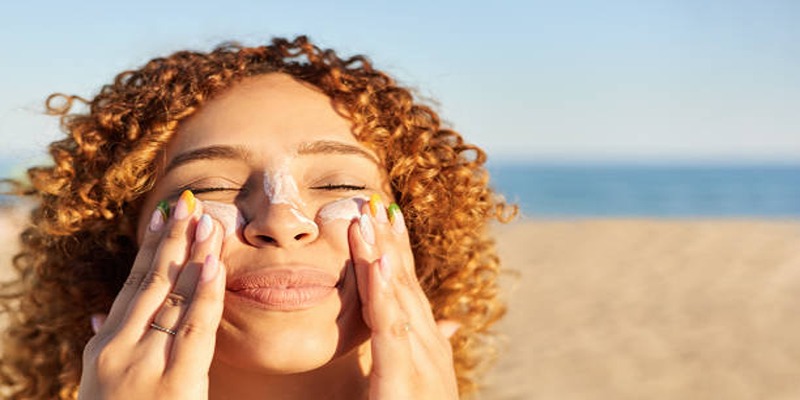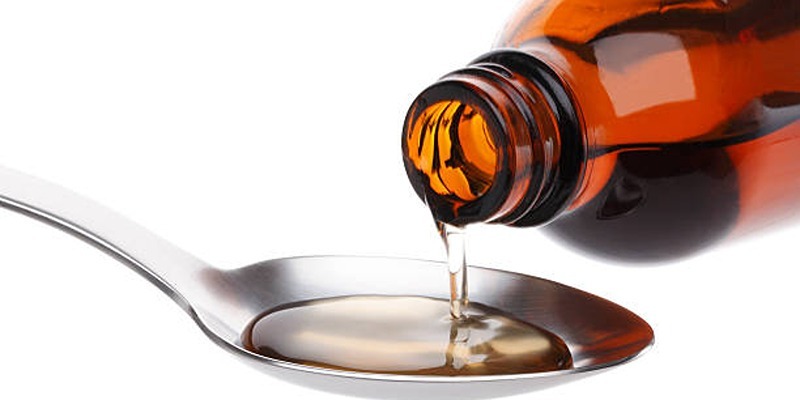Find the Best Sunscreen: Do All Brands Measure Up?
Choosing the right sunscreen is essential for protecting your skin from harmful UV rays, yet not all sunscreens are created equal. With a variety of brands and formulations available, it can be challenging to determine which product will truly deliver on its promises. In this article, we’ll analyze how different sunscreen brands measure up by evaluating their effectiveness, ingredients, and sun protection factors (SPF). Whether you're off to the beach or just out in the sun, we've got you covered.
What to Look for in a Sunscreen?

When choosing a sunscreen, it’s essential to prioritize both protection and safety. Understanding key factors will help you make an informed decision for your skin. Here are some things to consider:
1.Broad-Spectrum Protection
One of the most important factors to look for in choosing a sunscreen is whether or not it provides broad-spectrum protection. This indicates the sunscreen can protect your skin from both UVA and UVB rays. Although UVB rays cause sunburn, UVA rays can lead to long-term damage like premature aging and wrinkles. Look for labels that say "broad-spectrum" to get overall protection. Without it, you're only protecting against half of the risk, leaving your skin open to damaging effects from sun exposure.
2.SPF Rating
The Sun Protection Factor (SPF) rating indicates how well a sunscreen protects the skin against UVB rays. Specialists suggest applying a sunscreen with an SPF of 30 or more for daily protection, as it will block nearly 97% of UVB rays. Higher SPF rankings provide slightly greater protection, although no sunscreen can block 100% of sun rays. It is important to use sunscreen liberally and reapply every two hours to keep the SPF protection effective, particularly when outdoors for extended periods.
3.Water-Resistance
Water-resistant sunscreens are ideal for activities like swimming or sports, as they're designed to remain effective even when exposed to sweat or water. However, it's essential to understand that "water-resistant" doesn't mean waterproof; these sunscreens still need to be reapplied regularly, typically every 40 to 80 minutes, as indicated on the label. Always check the water-resistance duration to ensure optimal protection, especially if you'll be in the sun for extended periods. This minimizes the risk of skin damage despite water exposure.
Chemical vs. Mineral Sunscreens
Sunscreens can be divided into two main categories: chemical and mineral. While both offer protection, they achieve it differently. Chemical sunscreens work by absorbing UV rays, while mineral sunscreens reflect them. Here's a breakdown of each type:
1.Chemical Sunscreens
Chemical-based sunscreens contain ingredients such as oxybenzone, avobenzone, and octinoxate that absorb harmful rays before they penetrate the skin. These types of sunscreens are typically thinner in consistency and tend to spread more easily on the skin. They're also less likely to leave a white residue or feel greasy, making them popular among consumers.
However, some experts have raised concerns about the safety of certain chemical ingredients, as they may cause skin irritation or disrupt hormone levels. If you have sensitive skin or are looking for a more natural option, mineral sunscreens may be a better choice.
2.Mineral Sunscreens
Mineral sunscreens contain zinc oxide and/or titanium dioxide, which act as physical barriers against UV rays by reflecting them away from the skin's surface. These types of sunscreens tend to have thicker consistencies and can leave a white cast on the skin. However, advancements in technology have led to the development of micronized particles that are less visible on the skin while still providing protection.
Mineral sunscreens are generally considered safer for sensitive skin as they're less likely to cause irritation. They're also more environmentally friendly, as they don't contain potentially harmful chemicals that can harm aquatic life.
Evaluating Popular Sunscreen Brands

When evaluating popular sunscreen brands, it's important to consider factors such as effectiveness, skin compatibility, and environmental impact. Below are some insights into well-known sunscreen options:
1.Neutrogena
Neutrogena is widely known for its broad spectrum of sunscreens, designed to cater to different skin types and needs. Their products often include Helioplex technology for advanced UVA and UVB protection. While effective, some formulations include chemical filters that may irritate sensitive skin. Neutrogena also makes mineral-based options, allowing flexibility for those seeking a gentler and more environmentally friendly choice.
2.La Roche-Posay
La Roche-Posay's sunscreens are celebrated for their dermatologist-recommended formulas. Their Anthelios line delivers excellent sun protection with their patented Cell-Ox Shield technology, which combines antioxidants and broad-spectrum filters. The lightweight, non-greasy texture is ideal for everyday use, especially for those with sensitive or acne-prone skin. However, the brand's mineral and chemical blends may not suit every preference or skin condition.
3.Aveeno
Aveeno offers a range of sunscreens enriched with oat-derived ingredients for extra skin-soothing benefits. They're particularly popular among individuals with dry or irritated skin, as their moisturizing formulations provide hydration alongside sun protection. Aveeno also produces mineral-based sunscreens for a gentler approach. While effective, users may find some products to be thicker in consistency and prone to leaving a slight residue.
4.Coola
Coola focuses on organic and eco-friendly sunscreens, appealing to environmentally conscious consumers. Their formulas often feature plant-based antioxidants and are free of harmful chemicals like oxybenzone and octinoxate. Coola’s lightweight, non-comedogenic sunscreens are ideal for everyday use, even on sensitive skin. Additionally, their commitment to sustainability makes them a standout choice, though their higher price point may deter some buyers.
5.Neutrogena
Neutrogena is a trusted and widely available brand that offers a variety of sunscreens suitable for all skin types. Known for their effective protection and dermatologist-recommended formulas, Neutrogena sunscreens often include ingredients like Helioplex technology to provide long-lasting defense against both UVA and UVB rays. Their products range from lightweight daily options to water-resistant formulas, making them versatile for different lifestyles. However, some formulations may feel slightly greasy on oily skin types.
6.Supergoop!
Supergoop! has gained popularity for its innovative and multitasking sunscreen products. They offer an extensive range, including unseen sunscreens, glow-boosting formulas, and even sunscreen-infused makeup. Supergoop! emphasizes clean ingredients and skin-friendly formulations, ensuring their products are suitable for a variety of needs, from hydration to a matte finish. Their stylish and convenient packaging appeals to a modern audience, though the premium pricing can be a drawback for budget-conscious shoppers.
Conclusion
Ultimately, choosing the right sunscreen comes down to understanding your skin’s unique needs and lifestyle. Brands like EltaMD, La Roche-Posay, Neutrogena, and Supergoop! offer diverse options for effective sun protection. Whether you prioritize lightweight formulas, clean ingredients, or multitasking products, there is a sunscreen to fit every preference. While factors like price, texture, and packaging may influence your decision, the most important aspect is consistent daily use to safeguard your skin from harmful UV rays. Investing in a quality sunscreen is investing in your skin’s long-term health, making it an essential step in any skincare routine.









